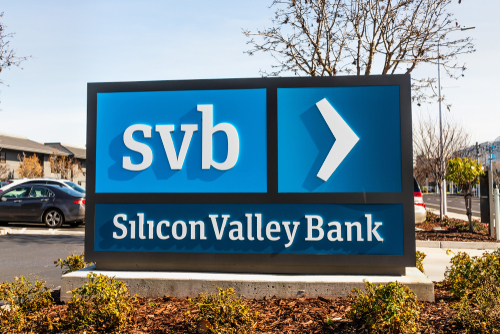The Federal Deposit Insurance Corporation (FDIC) has extended the bidding process for Silicon Valley Bridge Bank, which it took over the assets from after the bank failed earlier this month.

The FDIC said the extension is due to the fact that there has been substantial interest in the bank from multiple parties. FDIC officials said the bidders need more time to explore all options in order to maximize value.
To help simplify the bidding process, the FDIC will allow parties to submit separate bids for Silicon Valley Bridge Bank, N.A., and its subsidiary Silicon Valley Private Bank.
Qualified, insured banks, and qualified, insured banks in alliance with nonbank partners, will be able to submit bids for the whole bank, or bids on just the deposits or assets of the institutions. Both bank and non-bank financial firms will be allowed to bid on the asset portfolios.
The FDIC is seeking bids on Silicon Valley Private Bank by 8:00 p.m. EDT on March 22. It is seeking bids on Silicon Valley Bridge Bank, N.A. by 8:00 p.m. EDT on March 24.
Until then, Silicon Valley Bridge Bank, N.A., continues to operate as a nationally chartered bank. Depositors will continue to have full access to all of their money through Silicon Valley Bridge Bank, N.A., which operates 17 branches in California and Massachusetts, and through online banking, ATM and debit cards, and by writing checks. Further, loan customers should continue making loan payments as usual and vendors and counterparties are legally obligated to continue to perform under the contracts.
The FDIC created Silicon Valley Bridge Bank, N.A., on March 13 after being appointed receiver of the former Silicon Valley Bank by the California Department of Financial Protection and Innovation. All of the deposits, including insured and uninsured, were transferred to the bridge bank, as were all assets and contracts. The purpose of establishing the bridge bank was to give the FDIC time to stabilize the institution.